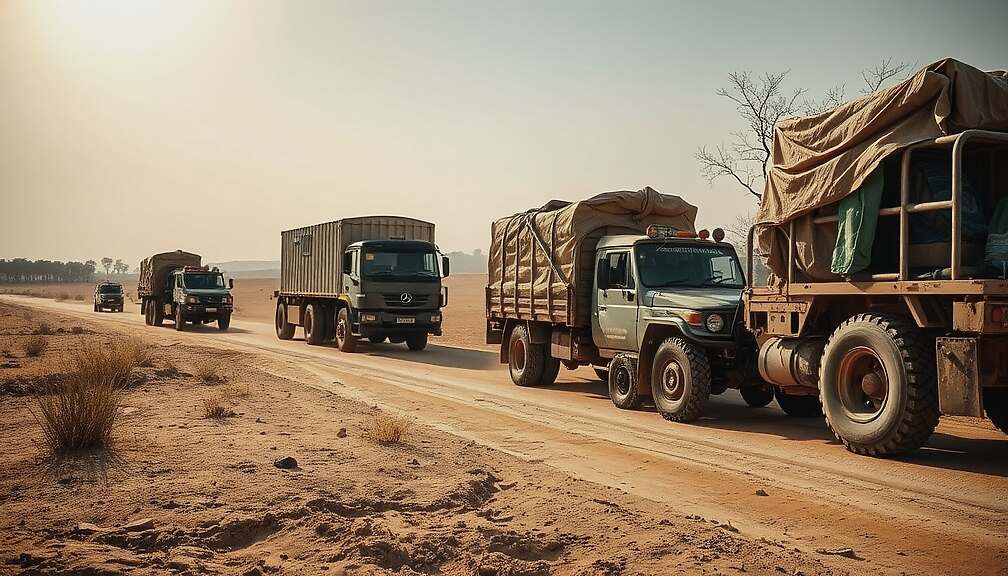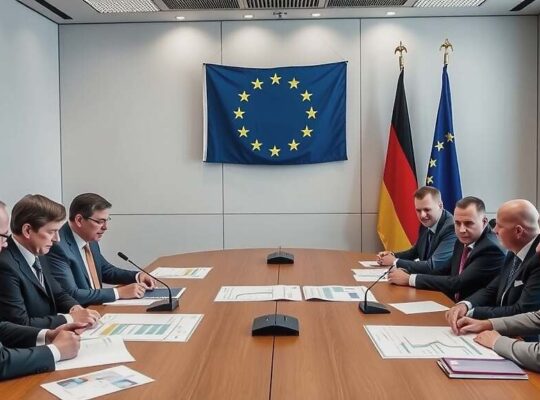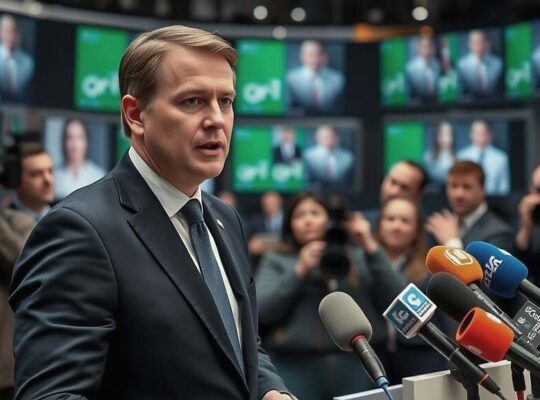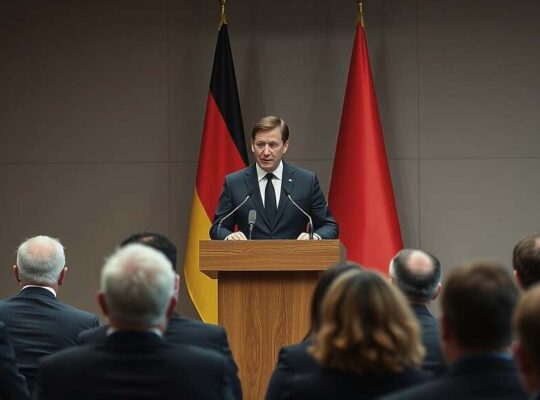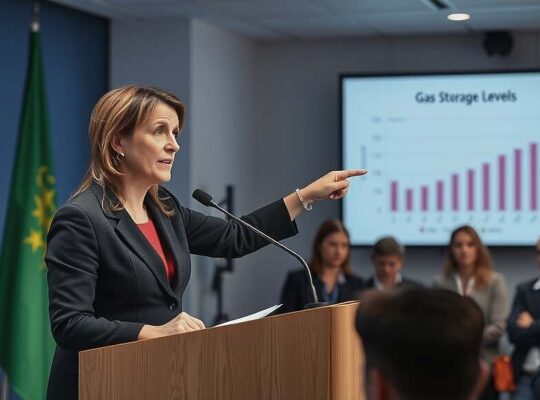The German Bundestag has approved a continuation of the Bundeswehr’s (German Armed Forces) deployment to South Sudan, a decision drawing criticism amidst ongoing questions about the efficacy of international intervention and Germany’s strategic priorities. In a near-unanimous vote, 495 parliamentarians supported the government’s proposal, with 72 dissenting and four abstaining. The ruling coalition, holding 328 seats, ensured the motion’s passage.
The renewed mandate permits the deployment of up to 50 soldiers, maintaining the existing troop levels. Their designated roles consist of leadership, liaison, advisory, observation and support functions, with a stated intention to assist countries contributing troops to the UN mission and aid in the technical equipping and training of those forces.
Officially, the UN mission in South Sudan aims to protect civilians, monitor human rights, secure the delivery of humanitarian aid and facilitate the implementation of the peace agreement and ongoing peace processes. However, decades of intermittent conflict and instability, despite numerous international efforts, paint a stark picture of limited, if any, demonstrable progress in achieving these objectives.
Critics within and outside of parliament are questioning the value of continuing the deployment. Concerns revolve not only around the considerable, albeit seemingly modest, financial commitment of approximately one million euros for the period until the mandate’s expiry at the end of October 2026, but also the broader strategic implications. Some analysts argue that a continuous, relatively small-scale deployment offers little more than a symbolic presence, diverting resources that could be better allocated to addressing more pressing geopolitical concerns closer to home.
Furthermore, the effectiveness of the UN mission itself is subject to scrutiny. Reports of inadequate safeguards to protect civilians from violence, accusations of misconduct among peacekeeping forces and a persistent inability to foster lasting stability have repeatedly undermined the mission’s credibility.
The debate within the Bundestag highlighted a fundamental divide: While proponents emphasize Germany’s commitment to multilateralism and humanitarian responsibility, skeptics argue that a more critical and pragmatic assessment of the situation in South Sudan is urgently needed. The decision to extend the deployment, despite these persistent challenges, raises questions about the long-term viability of Germany’s engagement and the potential for a reassessment of its approach to international peacekeeping operations.


